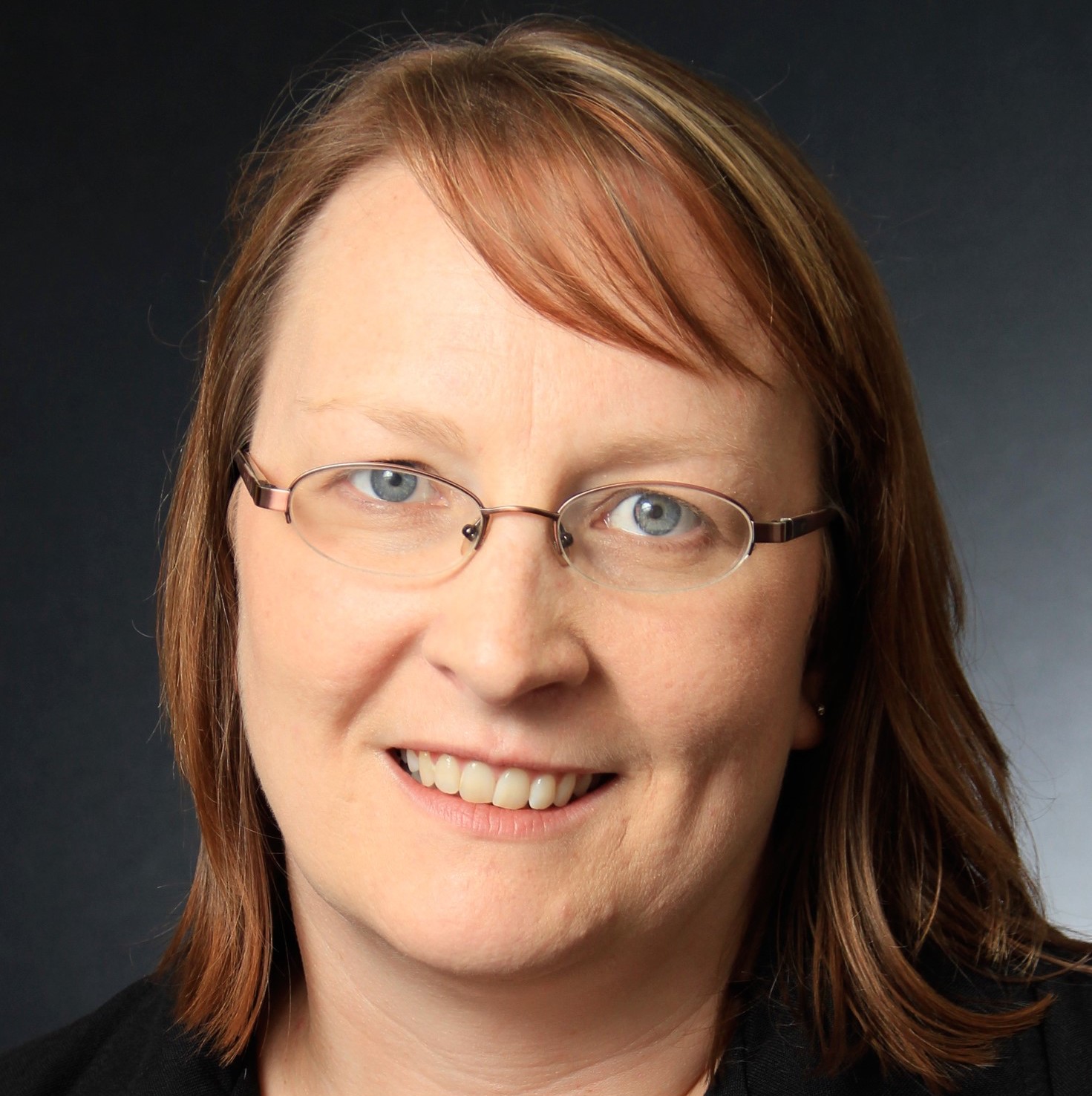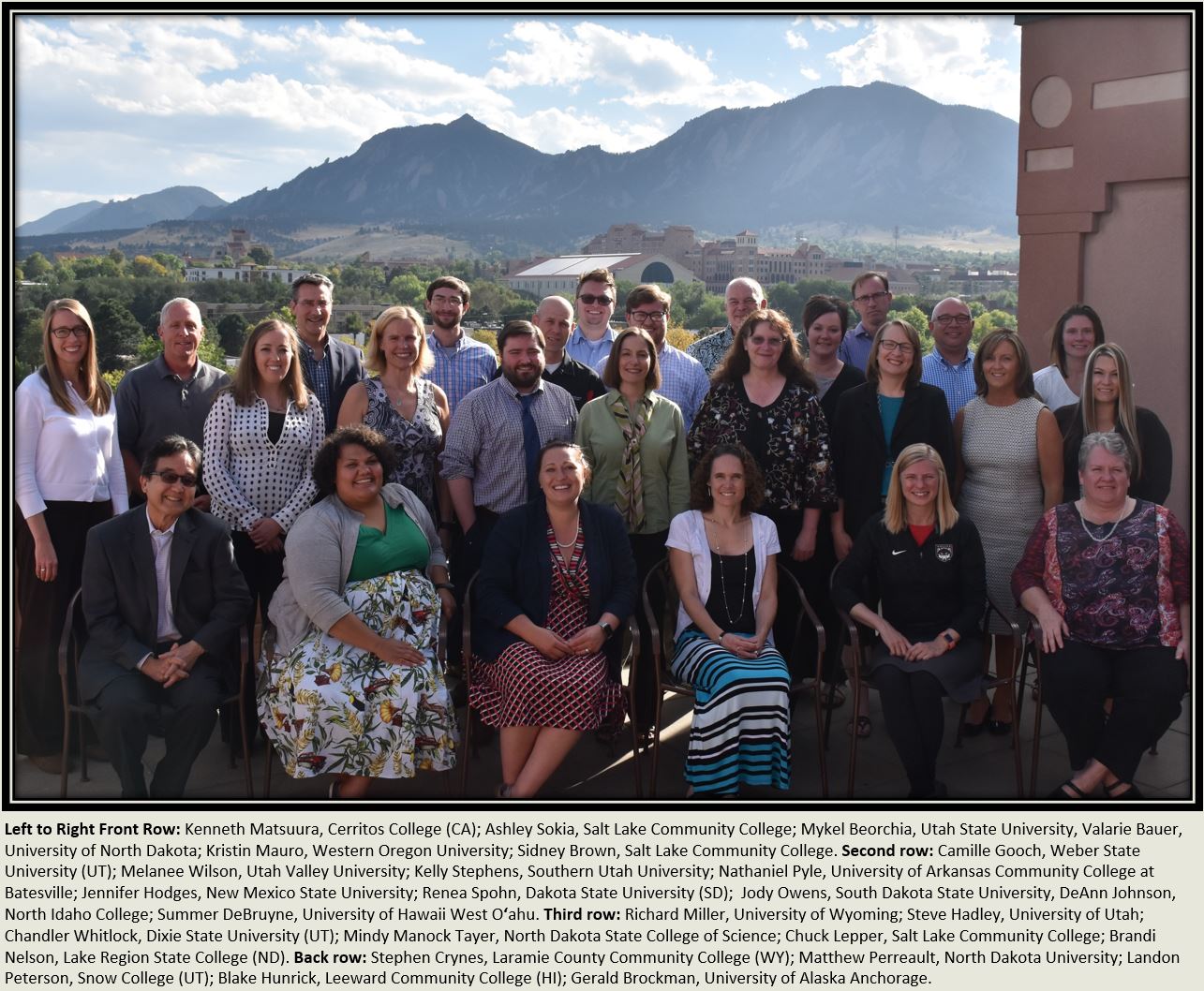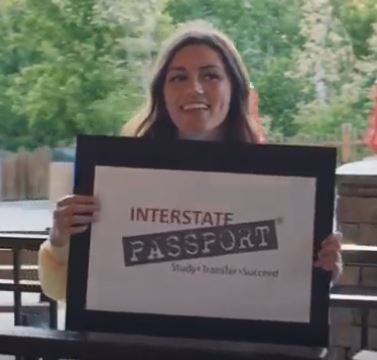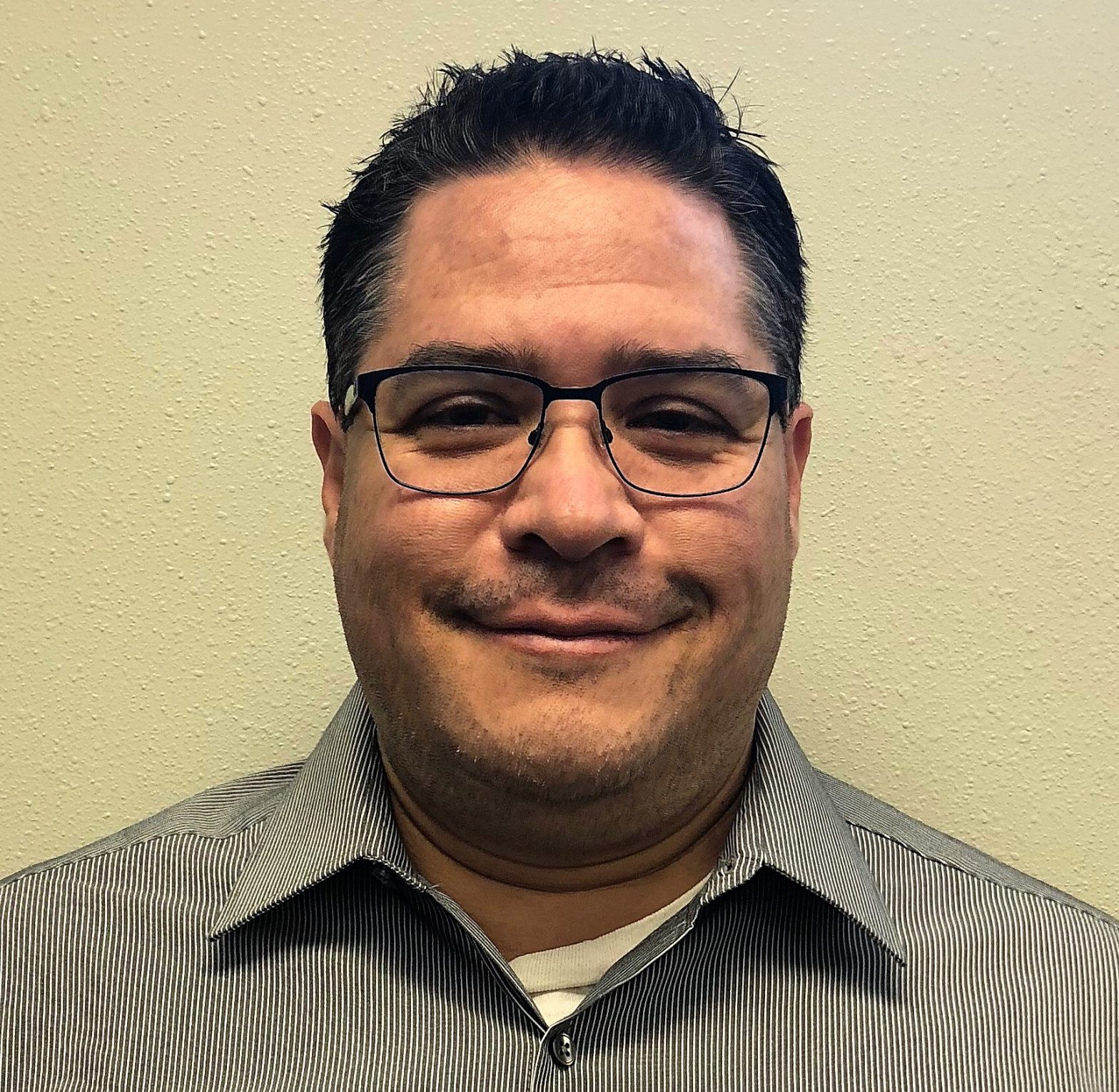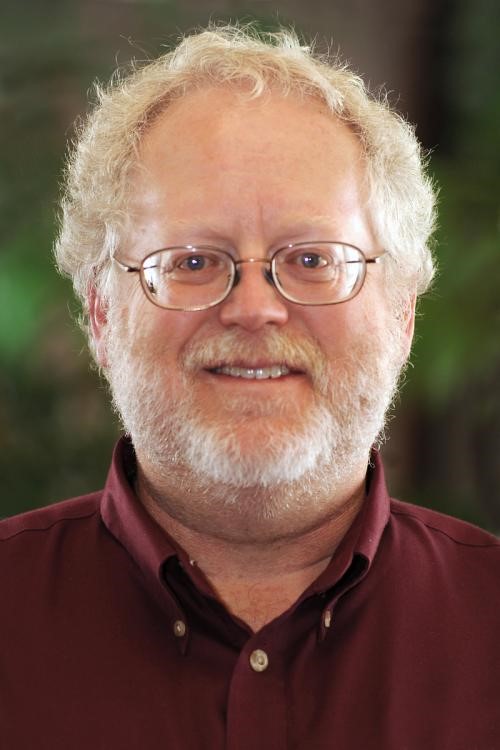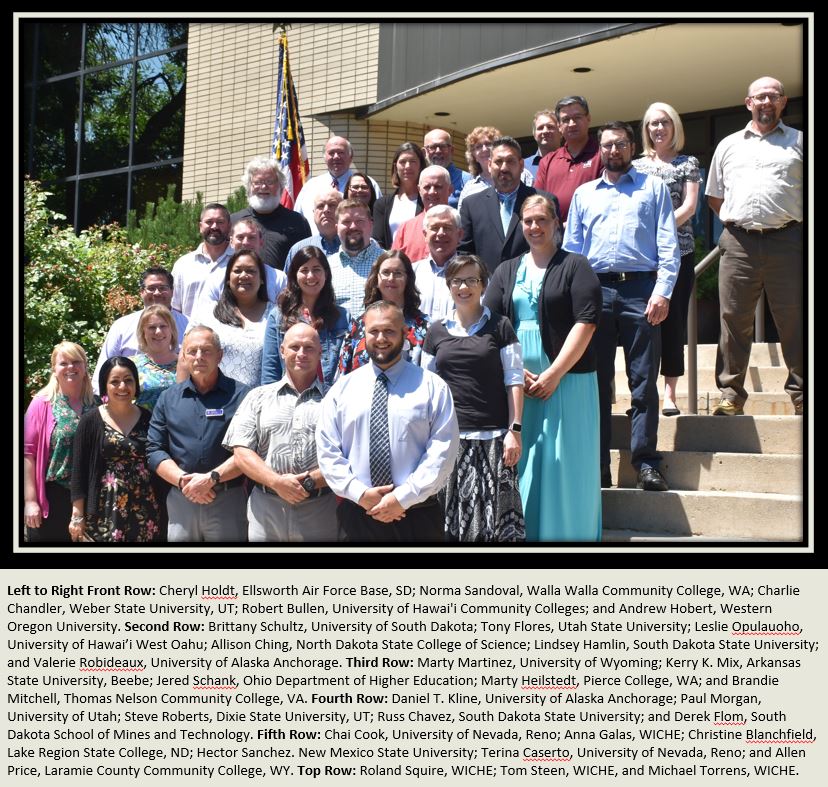Taking Assessment Personally Or, How I Was Reminded of the Value of General Education
by David Smith, director, Office of Assessment, New Mexico State University
Since this post was originally published on the Interstate Passport blog in 2016, the state of New Mexico completed a general education (GE) reform process with the goal of prioritizing and improving the learning of five essential skills: communication, critical thinking, information literacy, quantitative reasoning, and personal and social responsibility. Teaching essential skills will be integrated into a curriculum organized around traditional knowledge areas such as science, the humanities, etc. The resulting model aligns remarkably well with the Interstate Passport’s nine knowledge and skill areas, and also with the Baccalaureate Experience learning outcomes. Implementation of this GE model over the next two years has instilled a new urgency into the need to make learning and assessment of essential skills both meaningful and effective.
At my institution, we have a set of institutional student learning objectives called the Baccalaureate Experience. These bachelor’s-level general education objectives include things like creativity, self-awareness, critical thinking, and life-long learning. It’s a great list, but I wonder, does it serve its purpose well? Are faculty and students aware of it? Does it in any way guide what they do? One of my greatest challenges is to make the Baccalaureate Experience meaningful. How? Let me begin by telling a story.
I started in my new position as director of assessment in July of 2015, excited by a new challenge and confident the timing was right for change. I’d been on the faculty for 21 years, and I loved teaching chemistry and working day-to-day with students, especially the ones just stepping out. They were wide-eyed with curiosity, about life if not chemistry, and I felt honored to meet them in that liminal space as they transitioned into independence. I had attended and led events at our Teaching Academy over the past several years and was chair of one of my institution’s assessment committees. So, when an opening appeared for our assessment director position, I decided to apply. I wouldn’t have had the confidence to do that even a few years prior, but a mid-life period of self-discovery and re-evaluation left me thirsty for change and a new challenge.
However, confidence is a fickle friend. By January in my new position, I’d discovered lots of things about assessment that I “didn’t know I didn’t know.” Every duty seemed to take an order of magnitude more time than it should, and I was falling behind. Confidence transformed to doubt, often in the middle of the night, and it seemed I had an appointment with anxiety every Monday morning. Did I really have what it takes to do this job? Was I foolish to try this now, when my whole life felt upside-down? In the middle of this struggle, my friend Elaine suggested I do an exercise.
Set aside self-criticism for the moment and answer this question. What are the things about you that help you do your job well? Focus on who you are, not on what you do.
So, I made a list, and it looked something like this:
- Communication skills: clear writing; engaging presentations; one-on-one conversations
- Interpersonal skills: empathy and compassion; listening to understand and asking questions; ability to take different perspectives and value various motives; giving others freedom for growth
- Knowledge: teaching and learning principles; assessment principles; the faculty experience of assessment; relationships between assessment, accreditation, and program review
- Metacognitive skills: self-awareness and self-reflection
- Analysis / critical thinking skills: identifying what is most important; discerning and critiquing relationships within complex circumstances and ideas; creating metaphorical connections
- Organizational skills Leadership skills: facilitating group discussions; recognizing individuals’ strengths and weaknesses
- Quantitative skills: spending time with data!
Now, about three-fourths of the way through making this list, something connected in my brain, and I had a sudden, exciting thought:
This is what we want our students to learn! Life skills like these!
And then, after pausing for a moment:
Well, duh, of course it is! You’ve been telling people this for months! This is the Baccalaureate Experience.
Imagine entering a favorite restaurant from the back, through the kitchen. You don’t know where you are, but it seems familiar, the sounds and smells. Then, when you walk out from the kitchen, it all clicks into place. “Oh… that’s where I am!” Seeing it from the other side gives you a new perspective, a new appreciation, one that you’ll never lose. This was one of those moments for me. I stumbled across the idea that student learning, and learning assessment, should be about more than disciplinary learning. It should be about building life skills. The idea wasn’t new; it’s at the heart of general education. But the context was new, and that made it real. It made it personal.
About David: As director of assessment, David Smith provides assessment resources, support and feedback for faculty and staff throughout the NMSU system as they strive to improve the learning and overall experience of students. He received his Ph.D. in chemistry from the University of California, Berkeley, in 1989 and began his career as a faculty member of NMSU’s Chemistry and Biochemistry Department in 1994. During his 21 years of teaching, Smith has been a leading proponent of course assessment on the NMSU campus and a mentor to numerous graduate student and faculty instructors.
